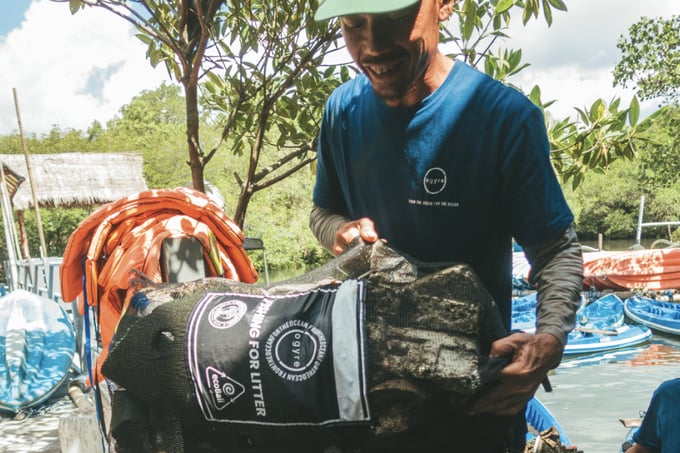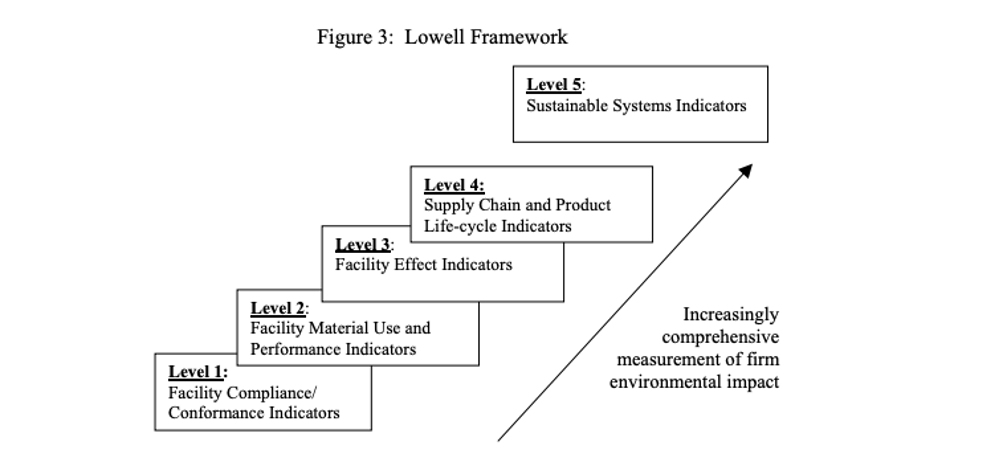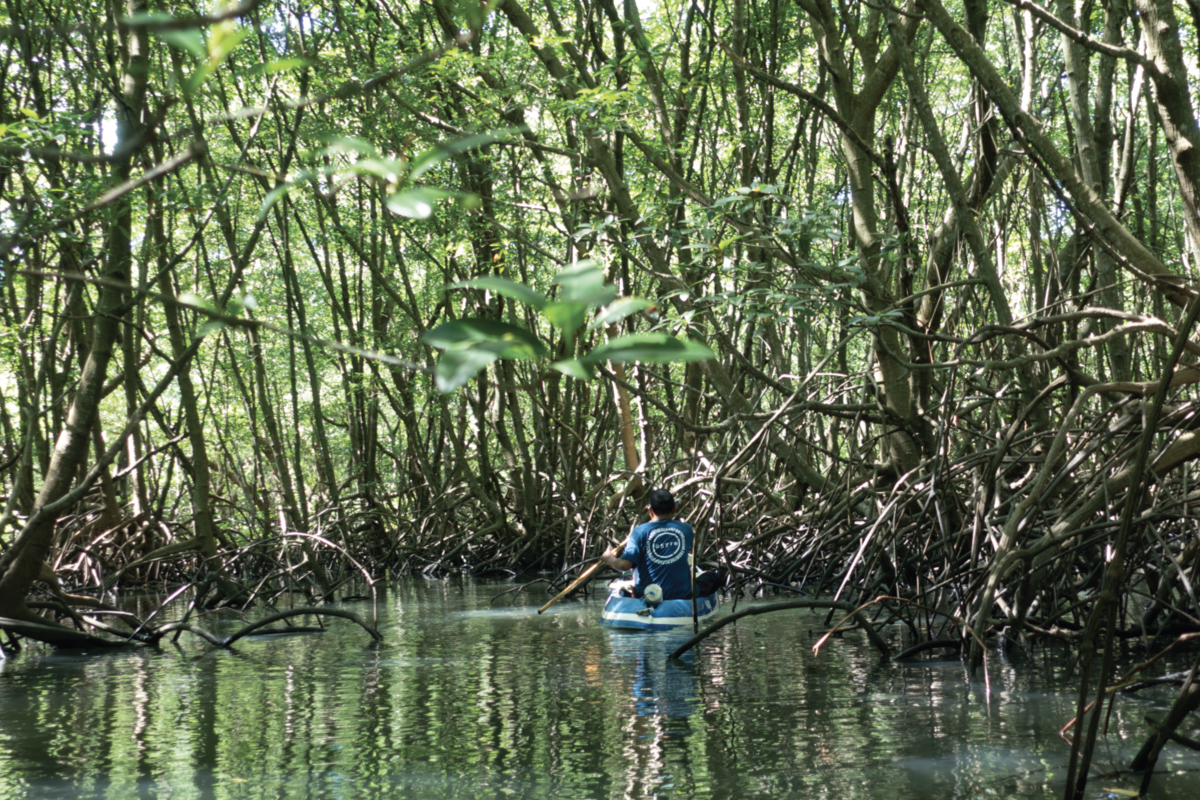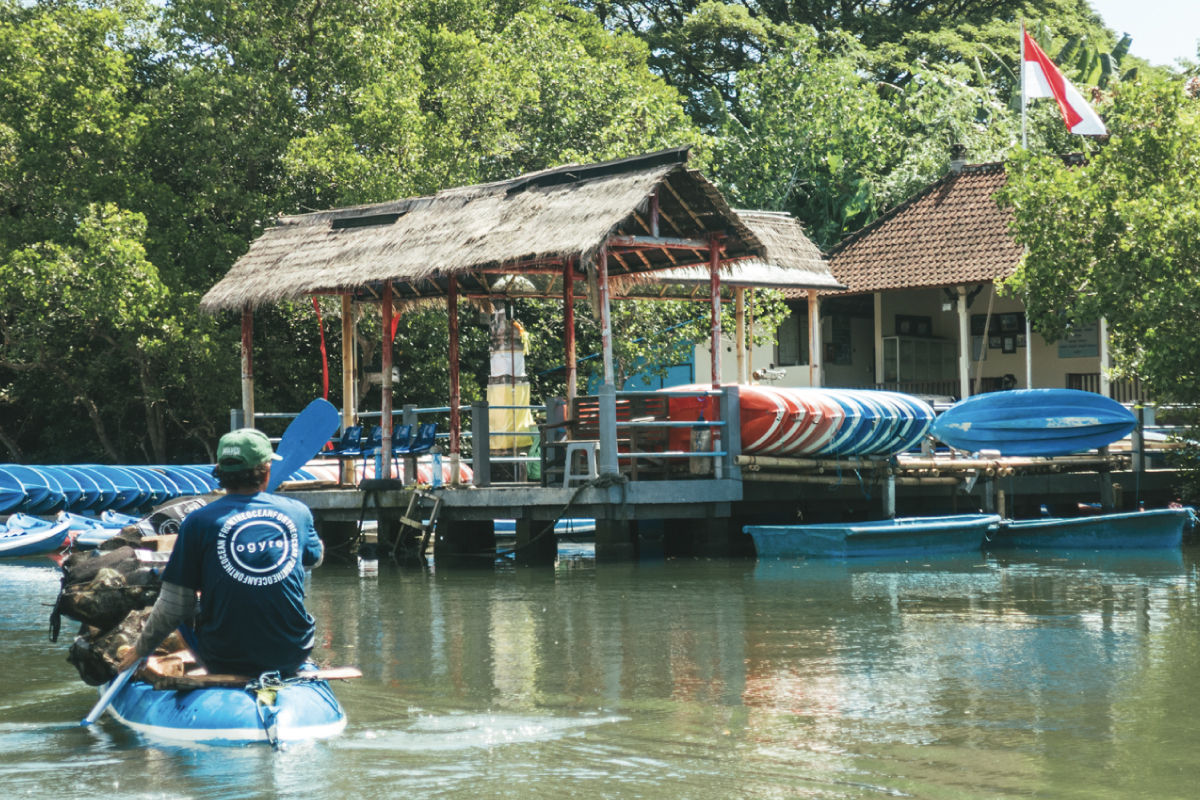When companies embark on a sustainability journey, they must also track and calculate the environmental and social impact of their activities.

Key Performance Indicators (KPIs) – described by the Italian government’s website as "quantifiable, concise, and meaningful measures that allow an organization to assess its performance across various aspects” – are standardized ways to monitor and analyze this impact. Through KPIs, companies can keep track and report their results, while figuring out how to improve and progress throughout their sustainability journey.
How to calculate a company's sustainability impact
The UN's 2030 Agenda has identified 17 Sustainable Development Goals (SDGs) to guide companies along to help companies along their sustainability path. Companies of all sizes are implementing a range of actions and solutions to reach set goals and account for their Corporate Social Responsibility mission.
Through these 17 SDGs, companies can “quantify” their actions with numbers that support their initiatives, and be accountable with stakeholders, partners, and end customers. The Global Reporting Initiative (GRI) is one of the most accredited entities for the development of sustainability reporting guidelines. The standards identified by GRI are considered best practices for public reporting on a company's economic, environmental, and social impact.
Meanwhile, to measure sustainability impact, The World Business Council for Sustainable Development has a universal and transparent framework to measure circularity, the Circular Transition Indicators (CTI). These can be applied to businesses of all sectors, sizes, and locations, and help them assess and interpret results, evaluate risks and opportunities, prioritize actions, and set progress-monitoring goals.
Moreover, sustainability impact can also be monitored through the indicator hierarchy identified by the Lowell Center for Sustainable Business, which divides indicators into five levels based on sustainability principles:
-
Compliance Indicators: Complying with local, national, and international regulations and industry standards.
-
Material Use and Performance Indicators: To measure a company's input, output, and results in terms of energy and water consumption, byproducts, waste, and emissions.
-
Impact Indicators: Relating to the impact of a company's activities on the natural and human environment.
-
Supply Chain and Product Lifecycle Indicators: Including indicators related to supply chain, distribution, product use, and disposal.
-
Sustainable System Indicators: To analyze how the company integrates green initiatives within its social and economic structure.

Fonte: Lowell Center for Sustainable Production
While numbers are important to give value to sustainable actions, not all businesses can take the same actions. Each company operates in a specific sector, uses different raw materials, and follows a different supply chain. As such, sustainable performance indicators vary based on their field of business and location, and have to be measured on a case by case basis.
Fishing For Litter for Sustainable Performance Indicators
Since every company is different, there isn't a single sustainability metric applicable to all businesses. Each one must strive to reach SDGs aligned with their business model, and monitor it with the relevant KPIs. However, some SDGs might be far removed from a company’s specific industry, but through external partnerships they can still be within reach.
For example, if we take Goal 14 of the UN’s agenda – “Life Below Water – most companies would agree that they wouldn’t have the resources to reach that goal internally. Fortunately, there is a wide range of projects and activities that can help reduce marine waste, like Ogyre’s fishing for litter initiative, which finances fishing communities to collect plastic and ocean debris. Along with the fish caught in their nets, fishermen bring litter back to land, where it is then weighed, analyzed, and categorized before being digitally archived on Ogyre’s platform and disposed of.
By launching a fishing for litter campaign with Ogyre, companies can actively contribute to ocean conservation.
Ogyre’s process lets companies monitor the amount of waste collected while accurately quantifying their sustainable commitment. Simultaneously, Fishing For Litter contributes to the conservation of the ecosystem and reduction of marine litter on beaches. In turn, this initiative leads to economic savings in beach cleaning activities – estimated at €8,170 per km annually (Van Acoleyen et al., 2014).
Fishing for Litter also simplifies the work of fishing communities, as removing waste (often entangled in their nets) prevents them from stumbling on the same pieces and damaging their nets. This improves the health and quantity of their catch. For the entire Mediterranean Sea, these benefits are estimated to amount to €4 million per year (Van Acoleyen et al., 2014).
Companies looking to engage in environmental initiatives can support sustainable Fishing For Litter projects, which protect the ocean and obtain real sustainability KPIs, starting with the quantity of waste recovered from the sea and the benefits for the surrounding ecosystem.
Through Ogyre’s Fishing for litter initiative, each company can actively contribute to achieving four of the UN's Agenda 2030 SDGs:
SDG 8 "decent work and economic growth" through the support of local fishing communities and their fishing activities;
SDG 12 "responsible consumption and production," as collected waste is recycled and used by Ogyre to create jackets, water bottles, and swimwear, which can make great HR gifts to raise awareness with company employees;
SDG 14 "life below water," as collecting marine litter helps protect the marine ecosystem. reduces the amount of waste present in the sea, protecting the marine ecosystem;
SDG 17 "partnerships for goals," as teaming up with Ogyre allows for a real, concrete, and measurable contribution towards environmental sustainability.
Clean the ocean with your company
Get in touch with us and find how you and your company can reach your sustainability KPIs and contribute to ocean conservation.


